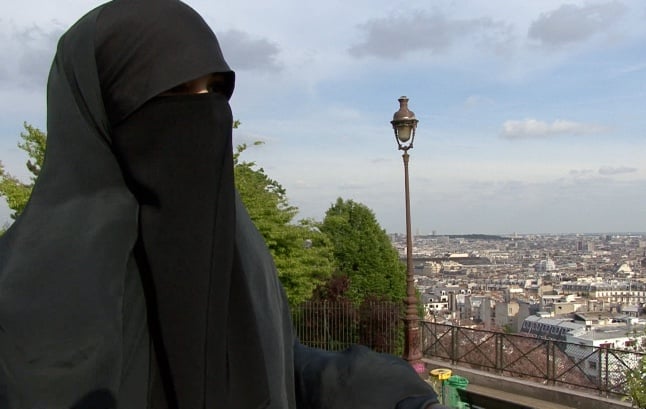- OPINION Why do so many French people have a visceral aversion to the Muslim headscarf?
- 'My body, my choice' – French Muslim women speak about wearing the headscarf

A French woman named Fanny, pictured here wearing the niqab. Photo: Agnes de Feo


Ten years ago France introduced a controversial ban on women wearing the full Islamic face veil in public, but the legislation did not have the desired impact and French governments are still making the same mistake towards the country's Muslim citizens, writes Agnes De Feo, author of a new book on the subject.




Member comments